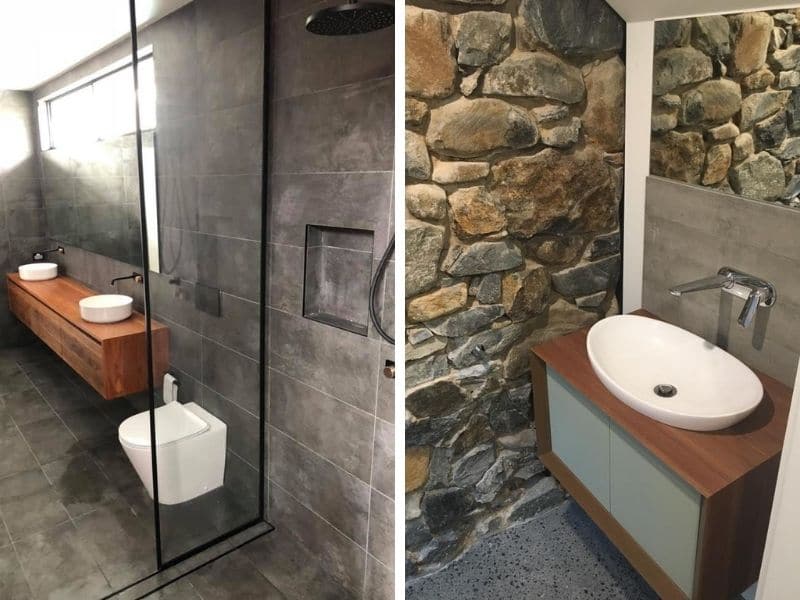As the temperature drops, we all love a good hot shower. Having hot water when we need it is something we tend to take for granted, until we’re suddenly without it. Here are 6 common problems with hot water systems and how to fix them.
1. No hot water.
This is the biggest and most obvious sign of a problem with your hot water system. There can be many reasons for this, from a problem with your element or your thermostat not working like it should be.
To fix this issue, check if you have power to your home (for an electric hot water system).
For a gas hot water heater, make sure your gas bottle is full and test other gas appliances in your home. It’s also worth seeing if the pilot light is lit, and relighting it.
Another remedy to this issue is to see if the strainer (inlet water filter) on your hot water system is blocked.
If these don’t solve the problem, you need to call a professional plumber.
2. Running out of hot water too quickly.
The number one reason for running out of hot water too fast is that your heater is too small for your household’s needs. If this is the case, you may need to upsize your system.
If you think you may have used all the hot water capacity of your tank, wait 1-2 hours and test for hot water (if peak electricity). If it’s off-peak electricity, check if you have a boost button in your meter box.
Alternatively, it could be a malfunctioning thermostat or heating element on your hot water system that needs replacing.
3. Higher than normal electricity or gas bills.
Your bill may be excessive because you’ve been using more hot water than usual. It could also be a sign that your hot water system needs maintenance or that you have a water leak. Call a plumber to prevent further damage to your heater or home and save money.
4. A leaking hot water system.
It’s normal for your hot water system’s safety valve to drip during heating, but constant dripping could indicate a problem with the valve.
Water pooling around the hot water system or leaking from the tank can be a sign of corrosion inside or outside your tank. A leaking water tank could also lead to higher than normal electrical, gas or water bills. If you notice water leaking from your hot water system, contact your local plumber.
5. Dirty water coming from your hot water system.
If you are getting dirty water coming from your heater, it may be a sign of corrosion inside your tank. In this scenario, it’s likely that you’ll need to replace your element or hot water system.
In summary, hot water system issues are common, but most can be resolved with proper maintenance and timely repairs. If you face a problem that you can’t solve by yourself, consult a plumber, who can assist you in diagnosing the problem and recommending cost-effective solutions to get your hot water flowing again.
When you need help with your hot water system, Plumb-Jet & Gas-Jet plumbers and gasfitters are only a phone call away on 1300 881 902.
With obligation-free quotes, our highly qualified team have years of experience and can quickly diagnose the problem and recommend a solution.
For more information, email us on admin@plumbjet.com.au

